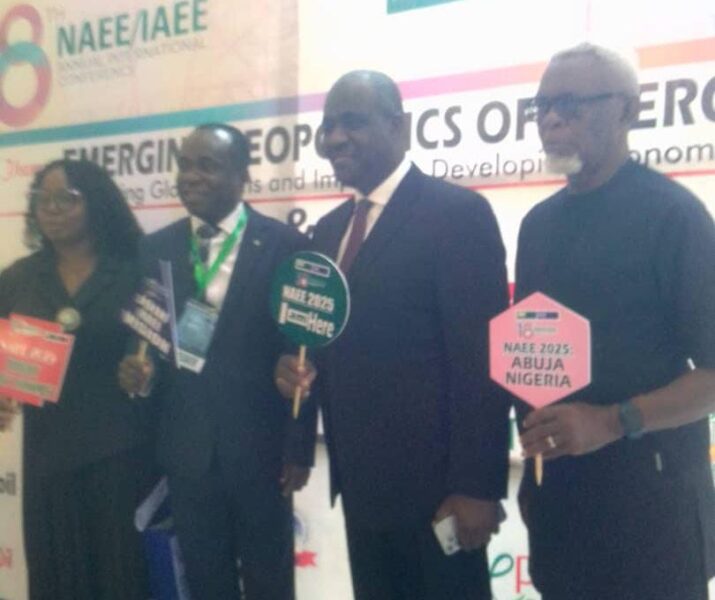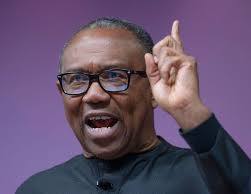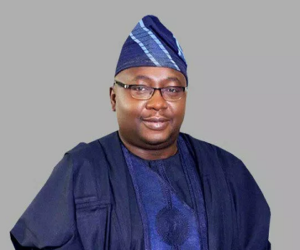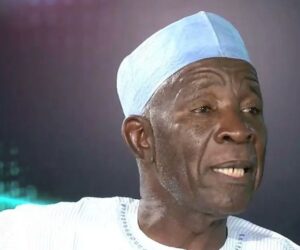1
Chidi Ugwu
Dr. Hassan Mahmoud, the President of Nigeria Association of Energy Economists (NAEE) on Monday warned that Africa’s energy future depends on policy decisions that balance expanding energy access with climate responsibility, while emphasizing energy justice to guarantee a fair transition for developing economies.
Dr. Mahmoud, issued the warning at the opening ceremony of NAEE’s 18th Annual International Conference in Abuja with the theme: “Emerging Geopolitics of Energy: Navigating Global Shifts and Impacts on Developing Economies.”
The event, hosted at PTDF Auditorium in the Central Business District, Abuja, gathered policymakers, academics, industry leaders, and international observers to interrogate how rapid energy transitions and shifting geopolitical alignments reshape opportunities and risks for resource-endowed but vulnerable economies like Nigeria.Opening remarks framed the gathering as timely and decisive.
In his opening address, Mahmoud, underscored that the global economy is undergoing a profound reorder driven by technology, climate imperatives, and realigned trade and power centers.
He warned that Africa’s energy future hinges on policy choices that balance energy access with climate responsibility, and on elevating the narrative of energy justice to ensure a fair transition for developing economies.
He welcomed the collaboration of the Petroleum Technology Development Fund (PTDF), IAEE, and regional bodies such as the African Energy Commission and the African Petroleum Producers Organization, highlighting a shared mission to translate research into actionable policy.
Other speakers added their perspectives on how geopolitics intersects with Nigeria’s energy ambitions.
Tim Okun, Chief Executive Officer of TENOR Energy Resources, addressed two Nigerian realities within the global energy discourse.
First, he emphasized import substitution through enhanced domestic refining capacity as a path to energy security and economic resilience.
He argued that the ability to produce more locally reduces exposure to external shocks and geopolitical disruptions, a point he linked to Nigeria’s ongoing refinery modernization and the potential disruption of imported fuels by regional market shifts.
He then stressed mastery of the domestic energy base—smaller, well-run projects that accumulate expertise and infrastructure to sustain larger ventures.
APPO Secretary-General Farouk’s keynote reiterated the urgency of examining environmental neuropolitics—the idea that energy decisions are increasingly influenced by cognitive and political dynamics at the global level.
He urged stakeholders to critique conventional dogmas about the speed and trajectory of the energy transition and to align African development needs with pragmatic, data-driven policies.
The message was clear: Africa must lead in shaping its energy destiny rather than merely reacting to external narratives.
IAEE’s representative, Prof. Wunmi Iledare, celebrated NAEE’s role in bridging academia, industry, and policy. He framed the Abuja conference as a crucible for exchanging evidence-based insights that can inform practical action across Africa.
The discourse, he noted, should emphasize energy economics within the development context, ensuring that policy dialogue translates into tangible improvements in energy access and affordability.
A series of dignitaries from the capital, academia, and international missions added their voices.
Prof. Uche Uwaleke highlighted the capital market’s crucial role in financing Nigeria’s energy transition, urging closer alignment between energy policy and financial innovations.
He called for reinforced collaboration among academics, regulators, and financiers to design instruments that mobilize long-term funds for green infrastructure while safeguarding market stability.
The conference also featured remarks from industry regulators and national energy bodies. Engineer Amina Janmadami P. Meshki, speaking for the Society of Petroleum Engineers Nigeria Council, commended NAEE for sustaining a platform that nurtures practical energy thinking.
She urged participants to embed inclusivity and resilience in Nigeria’s energy path, acknowledging that a pragmatic, locally tailored transition will yield the most durable gains.
The PTDF, represented by Deputy General Manager Mohamed Haruna, reaffirmed the organization’s commitment to developing human capital and research capacity within Nigeria’s broader energy ecosystem.
He described PTDF’s ongoing scholarships, capacity-building programs, and industry collaborations as pillars supporting a diversified and sustainable energy future for the nation.
The PTDF’s partnership with NAEE and IAEE, he noted, strengthens the pipeline of researchers and practitioners who can drive evidence-based policy.
Beyond national borders, the Kenya and African regional perspectives offered a continental frame.
Kenya’s High Commissioner to Nigeria, alongside regional energy observers, articulated a vision of Africa-led energy transformation—one grounded in strategic realism, regional cooperation, and equitable partnerships.
The message was consistent: for Africa to become an energy sovereign, infrastructure, finance, and governance must be anchored in homegrown innovation and cross-border collaboration.
As opening ceremonies concluded, delegates prepared for days of plenary sessions, technical papers, and policy roundtables that aim to outline actionable pathways for energy security, investment, and development.
The shared takeaway was clear: global energy geopolitics will continue to redefine Nigeria’s strategic choices—driving reforms, incentivizing domestic capacity, and inviting international cooperation that places Africa at the center of a fair, affordable, and sustainable energy future.








